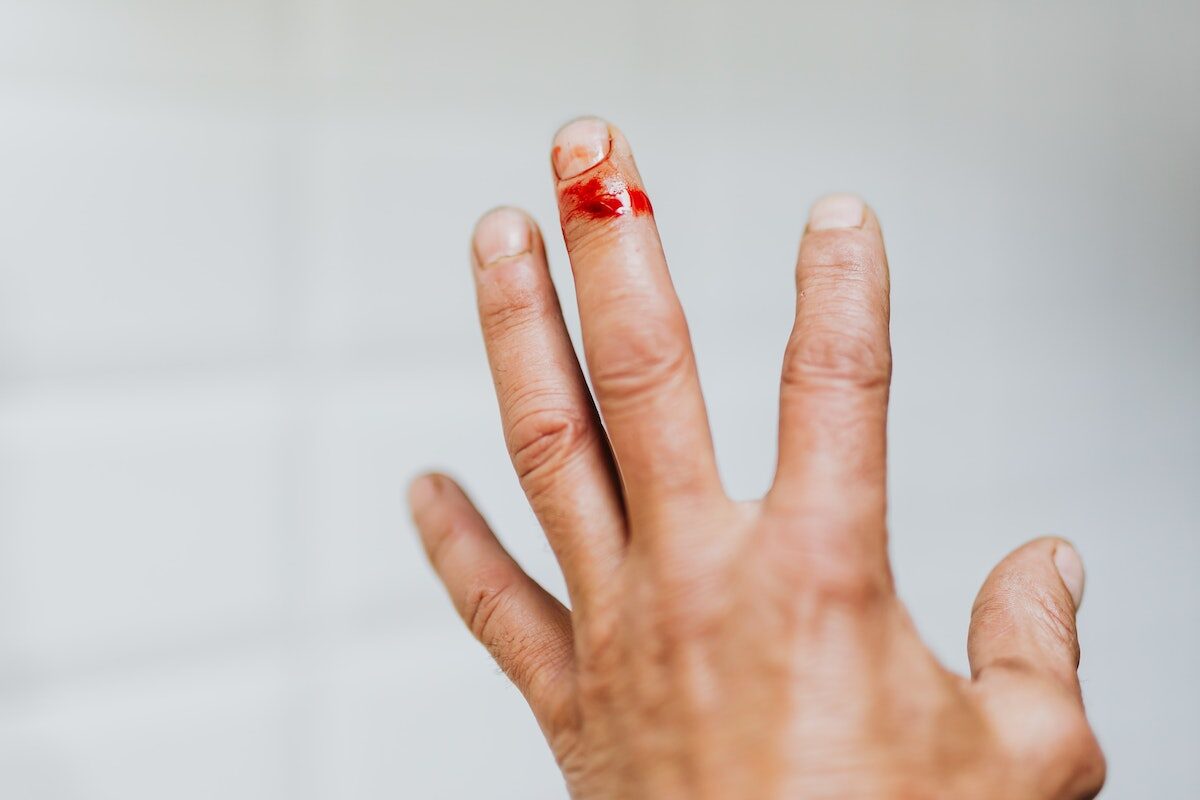Bleeding after orgasm might seem scary, but it’s usually nothing to worry about. In fact, some forms of spotting after sex can even be good, like when you’re on the pill and your cervix is adjusting.
Also, light spotting or bleeding after your first time having penetrative sex is normal because it’s often due to the hymen being ripped or stretched.
Bleeding after orgasm
If you experience bleeding after orgasm, it’s important to seek medical attention. It can be a sign of an underlying condition, and prompt diagnosis and treatment can help prevent complications. Your healthcare provider may prescribe medications to reduce pain and inflammation, or antibiotics if an infection is causing the problem. They may also recommend surgery to remove growths or repair damaged tissue in the reproductive tract.
Some people experience spotting or light bleeding after orgasm because they are on their period. This blood comes from the uterus and is usually harmless, but it can be disturbing for some people. The internal contractions that accompany orgasm can also stimulate the release of menstrual blood, which can cause your period to start early. You can identify this type of bleeding by its color: brown discharge has old blood in it, while pink or red indicates new blood.
Bleeding after orgasm can also be caused by direct trauma to the genitals. This can happen if there is overly aggressive penetration or rough handling of the genitals during sex. It can also be a result of certain sexually transmitted infections or gynecological conditions.
It’s possible to prevent orgasm-related bleeding by using lubrication during sex and practicing safe sex techniques. Using lubrication can reduce friction and prevent tearing or abrasion of the vaginal tissues. In addition, it’s a good idea to use a lubricant that doesn’t contain alcohol.
Bleeding during sex
Bleeding during sex is fairly common, and it can occur for a variety of reasons. It is most often caused by a sexually transmitted infection like gonorrhea or genital herpes, or it can be the result of an abnormal growth on the cervix. Occasionally, it can also be the result of trauma to the genital area from rough sex or other causes.
In most cases, a small amount of bleeding during sex is not serious and will resolve on its own. However, if the bleeding is accompanied by pain or other symptoms, it should be evaluated by a doctor. Severe or frequent pain during sex can indicate an infection or other serious condition, and it should never be ignored.
Light spotting or bleeding during sex may be normal, especially if it is close to the start of your period. This is due to the uterus contracting during orgasm and semen softening the cervix. However, if the spotting or bleeding is very heavy, it could be a sign of an ectopic pregnancy. This is a medical emergency and requires immediate treatment.
In some cases, the spotting or bleeding after sex is related to friction on the cervix from rough sex. This can be due to a poor technique or a lack of personal lubrication. If this is the case, your doctor can prescribe a personal lubricant to reduce friction.
Bleeding during pregnancy
Bleeding during or after sex is very common for pregnant women, and it usually isn’t serious. It’s caused by the internal contractions that happen when you orgasm, which can trigger menstrual bleeding in a woman who is due for her period soon. This type of spotting is usually brown or pink in color, and it means that new blood is coming through the cervix.
Bleeping after sex is also sometimes a sign of uterine fibroids or cervical dysplasia, which can cause pain and itching, as well as spotting and bleeding. If you have sex and notice these symptoms, see your doctor for a pelvic exam and pap smear right away.
Occasionally, sex can cause a light bleed in women who are very early in pregnancy, because the cervix is extra tender during this time. This is nothing to worry about, but it’s important that you tell your healthcare provider if you’re experiencing this type of bleeding.
Some women bleed after orgasm because they have an infection. Infections like chlamydia, gonorrhea or Pelvic Inflammatory Disease (PID) can cause spotting and bleeding, and they need to be treated. Women who have herpes or genital cancer may also experience bleeding after sex. They need to be evaluated by a medical professional. It’s a good idea to use lubrication during sexual activity to help avoid friction or abrasion of the vaginal tissues.
Bleeding after a vaginal delivery
After a vaginal delivery, women should wait six weeks before engaging in sexual activity. It is important to do so because introducing bacteria and objects into the vagina before it heals can lead to infection. If you do engage in sexual activity, use contraception to prevent pregnancy. It is also a good idea to discuss your concerns with your doctor about sexually transmitted infections such as chlamydia and gonorrhea.
Bleeding after sex is not uncommon and usually does not require medical attention. However, you should contact your doctor if the bleeding is severe or frequent. This could be a sign of a serious problem such as cervical cancer or uterine fibroids.
The most common cause of sex-related bleeding is inflammation of the cervix, which is sometimes caused by overly aggressive penetration or rough handling of the genital area. Other causes include sexually transmitted infections and pelvic inflammatory disease. Bleeding may also occur due to endometriosis, uterine polyps, or cervical dysplasia.
If you experience sex-related bleeding, be sure to talk with your partner. He or she can help you by using adequate lubrication and avoiding positions that can cause injury to the cervix. If the bleeding is persistent, your doctor may recommend a Pap test or colposcopy to get a better look at your cervix and pelvic organs.




Leave a Comment